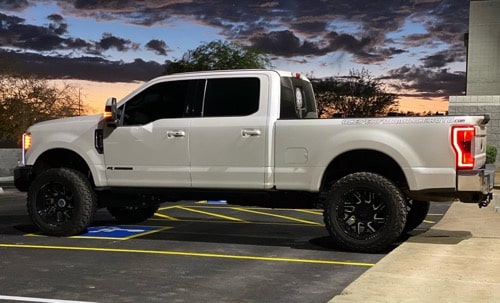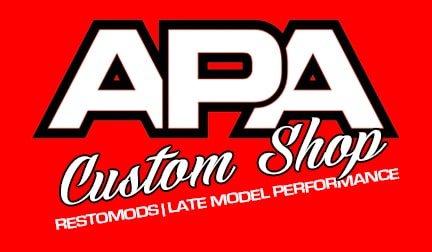If your tires start to go bald or suffer damage while out on the road, you have to replace them with quality rubber to continue on your travels. But what if your car is under warranty? How can you avoid voiding your coverage while buying aftermarket tires for your ride? Well, you can rest assured that installing aftermarket tires will not affect the factory warranty on your car. Want to know more? Take a look at this guide.

Protection Offered by the Magnuson-Moss Act
All automotive warranty companies must abide by the Magnuson-Moss Act while deciding to approve or deny claims. This act states that they cannot deny your claim just because you modified your vehicle.
So, whether you put on aftermarket tires, exhaust, or other upgrades, they are not allowed to deny you coverage due to those parts. Instead, they must provide that the failure of any given system or part is directly linked to the modification. If they cannot do that, then they must approve the claim and cover the required services.
To ensure you get all that protection, practice your due diligence when selecting your aftermarket tires. You just have to look at their key characteristics to make sure that they meet the manufacturer’s minimum standards to buy your tires with confidence.
What to Look for in Warranty Compliant Tires
To keep from voiding your automotive warranty, you should look for the following characteristics when buying aftermarket tires.
Materials
Although it’s often simply referred to as rubber, tires are made from a variety of materials, including steel, nylon, and synthetic polymers. Natural rubber is still important since it resists tears, cracks, and other damage as you move down the road.
To get the best tires for your ride, look for companies that use at least two body plies made from a mix of rayon, nylon, or polyester and rubber. Beyond that, they should have a strong sidewall and a tread pattern designed to balance grip and wear.
Load Rating
Every tire has a load index that indicates how much weight it can support while on the road. You must buy aftermarket tires that match or exceed this rating. If you don’t, your tires could wear out too fast or even pop. You can ask your installer what load rating to use if you’re not sure.
Speed Rating
Your aftermarket tires also have to meet or exceed the speed rating. This rating indicates how fast the tires can spin without deforming or otherwise failing. If you’ve upgraded the horsepower of your car, you may need tires with a higher speed rating than was issued from the factory.
Also, remember to look for tread patterns that match the climate in your area. If it’s mostly dry and doesn’t freeze during the winter, you can likely get summer tires. Otherwise, go with all-season tires. You can also get winter compounds and snow tires for the winter if needed in your area.
How to Get Aftermarket Tires You Can Trust
If you’re not sure what aftermarket tires to buy, just ask the team at APA Total Car Care in Gilbert AZ. We will help you zero in on tires that will meet your budget, support your travel needs, and look fantastic on your vehicle. Beyond that, we will help you find tires that exceed the manufacturer’s recommended minimum standard, so you can rest assured that your selections won’t void your warranty.

